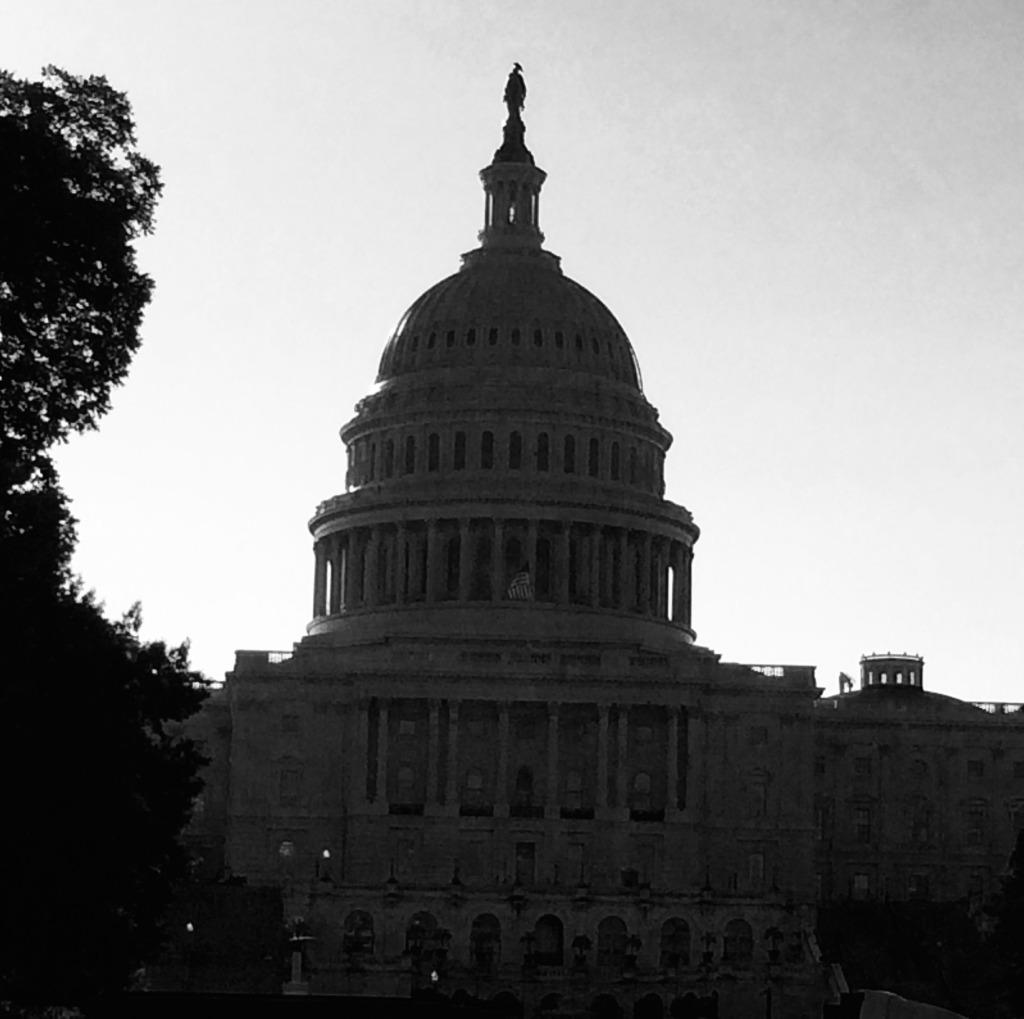Podcast: Play in new window | Download
So what’s going on with Congress? This is Trahant Reports.
One Speaker of the House retires. Another says he’s in — until he’s out. And it’s hard to keep track of what all this means for Indian Country.
Let’s break it down.
As I have said before there are really three parties in Congress: Democrats, Republicans and a right-wing splinter group either called the Freedom Caucus or the Tea Party. On many issues the right wing votes and calls themselves Republicans. But not always. On some issues they think Republicans are wobbly and not conservative enough. Indeed, one of the reasons that Majority Leader Kevin McCarthy decided not to run for Speaker of the House was a list of impossible demands from this caucus. The public demand is that the House give more power to rank-and-file members and the committee process. But it’s also about making certain that the House doesn’t let either the Senate or President Obama dictate the outcome of key fiscal and policy issues.
The magic number in Congress is 218 votes. That’s what it takes to pass legislation (or for that matter) to elect a new Speaker. That means you need at least some votes from 2 of 3 factions in Congress.
Now what does this mean for Indian Country? There are a couple of ways this imbalance in Congress could play out.
The best alternative is that the current Speaker of the House John Boehner will end his career working for the good of the country, pushing through difficult legislation such as the budget and a lifting of the debt ceiling. He can only do this by working with Democrats. This is what occurred with the bill that funds the government through December 11. Only 91 Republicans voted for the bill, but it passed easily after 186 Democrats voted yes. This could be a model for getting things done.
Ideally Boehner would reach a deal with the Senate and the president and come up with a two-year budget deal. That would keep federal funding stable through the election.
That’s optimistic, but there is another possibility and that’s for more chaos. The Freedom Caucus could get its way and there would not be enough votes to pass a budget or raise the debt ceiling.
We already know how bad a government shutdown is for Indian Country. But the debt issue could have dire consequences, too.
The United States is able to borrow money at extraordinary rates, under 3 percent. But if the right wing gets its way and allows the U.S. Treasury to default, even for a moment, those rates could go up. Think about it this way: The payment of the debt is one budget item that’s non-negotiable. If interest rates rise, debt costs go up, that’s money that will likely come out of existing programs.
And that’s already a huge number. Some $231 billion last year. As I said, big numbers. The chaos in Congress is about real policy choices — and the direction that’s chosen will impact Indian Country for decades to come. I am Mark Trahant reporting.


